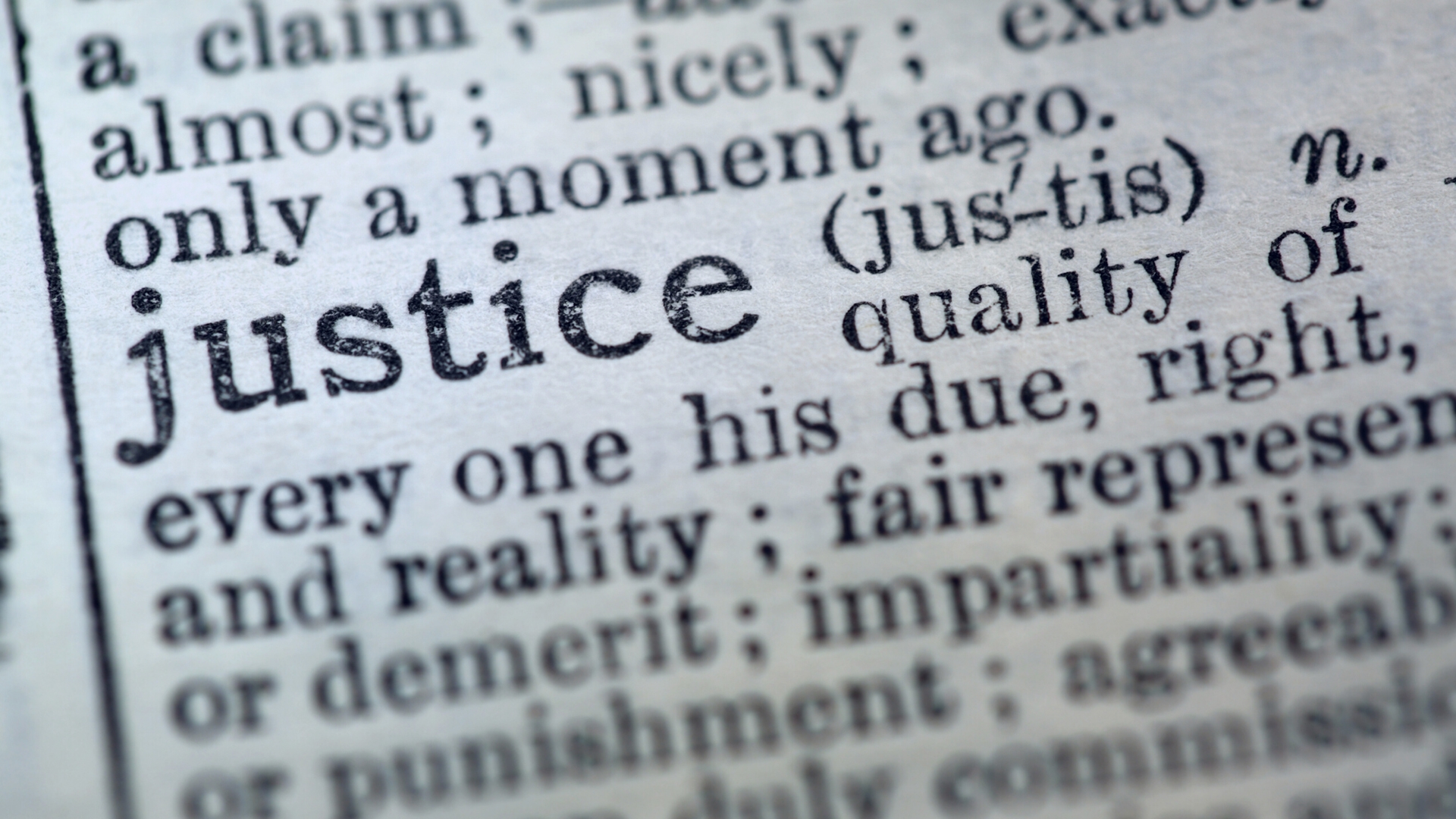The 15 January Supreme Court decision on business interruption (BI) claims brought to an end a six-month saga that has seen the insurance industry’s reputation take a battering.
Bermuda-based Hiscox – a one-time insurance poster child – has had particularly torrid treatment in the press, but the whole industry has faced a barrage of criticism for a failure to pay out claims for thousands of businesses who’ve found themselves in trouble as a result of the COVID pandemic.
In The Times, chief business commentator Alistair Osborne didn’t mince his words when he described insurers as “proving themselves every bit the nit-picking, cheeseparing, small-print kings of popular legend.”
He went on to note Business Secretary Kwasi Kwarteng’s tweet that the ruling “will be a lifeline to tens of thousands of hairdressers, bars, restaurants and other small businesses that did the right thing and closed their doors to protect the health of the nation.”
And… “That point was lost on insurers, which no doubt will now jack up the cost of their business interruption policies. As Lord Briggs damningly noted in the judgement, the industry’s refusal to honour contracts during this crisis amounted to having been sold cover that “was in reality illusionary” just when businesses needed it most.”
This isn’t the first time that the insurance industry’s customer credentials have come under fire. The Financial Conduct Authority’s (FCA) long-running investigation into the loyalty penalty (where insurers under-price new business and overcharge loyal customers to make up the difference), will lead to significant changes in how customers pay for their cover.
During the pandemic, Admiral was a notable exception to the rule. In the first lockdown, it offered to hand back money to personal lines customers who were unable to drive their cars between March and June 2020. But now, in a hardening commercial insurance market, premiums are rocketing in some classes, nobbling businesses who are facing a financial squeeze during the latest lockdown.
There are many examples of insurers providing a fantastic service to their customers in a time of need. And insurers do pay out claims; the ABI notes that their members pay out £46m in motor and household claims every day.
But the industry just cannot shake off its reputation for poor consumer service, and the BI case just adds fuel to the fire. Consumer research by the Association of Consumer Support Organisations (ACSO) in 2019 found that making a claim had become toxic, with 80 per cent of us thinking other people sometimes or often lie when they make a claim, and 32 per cent choosing not to make a claim when they had a just cause.
Some don’t claim because they don’t want to be part of the so-called compensation culture, while others don’t think it is right to claim, are worried about losing their no claims bonus or, most of all, just don’t think making a claim is worth the hassle.
This sense that claiming is somehow socially unacceptable will be tested again from May this year, with the launch of the much-delayed small claims portal, built by insurers who lobbied for a change in the way minor personal injury claims are handled and processed.
Consumers who have been injured in an accident that wasn’t their fault will be asked to complete their claims journey online, via a new portal that removes the need for legal help, and promises to make the claim quicker, easier and cheaper. And so say all of us, but in reality, the new regime potentially placed injured consumers at risk.
If an insurer disputes the claim, the claimant can’t be dealt with in the portal, and the injured person will either have to take their chance in court or give up. Currently, there’s an average ten-month wait for court, with all the attendant hassle which you can only be helped with if you pay for it. While they wait for justice, that customer will have to live with their injury, without compensation to pay for their rehabilitation.
To date, there are no checks and balances in the portal to hold insurers to account if they decide to dispute a claim. Over 600,000 people made an injury claim in 2019, and the ABI states that the average bodily injury claim (for all claims – not just minor injuries) is around £10k. Shutting out even 100,000 claimants from the portal saves insurers a huge amount of money.
As yet the government has declined to see this risk as anything other than theoretical, but the lessons of the BI case suggest ministers may be too ready to give insurers the benefit of the doubt.
Insurers need to do a lot of work on consumer focus if they are to repair the damage caused by BI, dual pricing and premium increases.
If UK businesses have come up against a brick wall during the COVID-19 crisis, what chances are there for an individual citizen, injured after an accident that wasn’t their fault, to obtain satisfaction from the at-fault insurer?
Stand by Mr Osborne, you may need to sharpen your pencil again.
